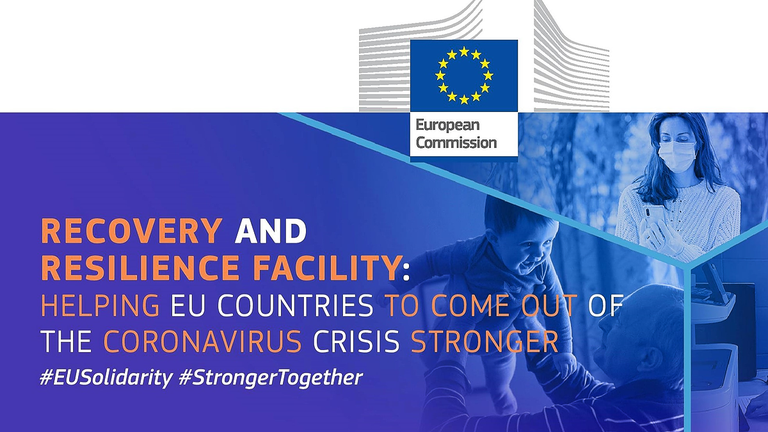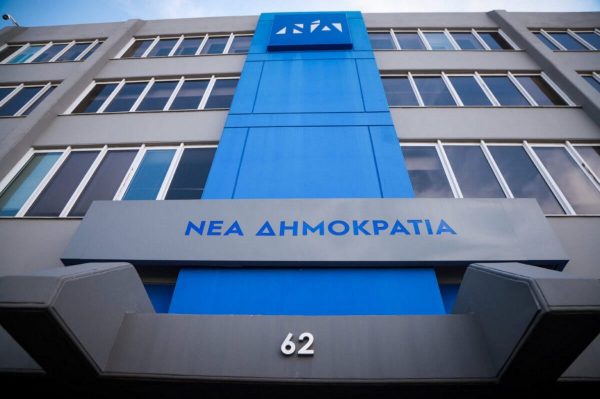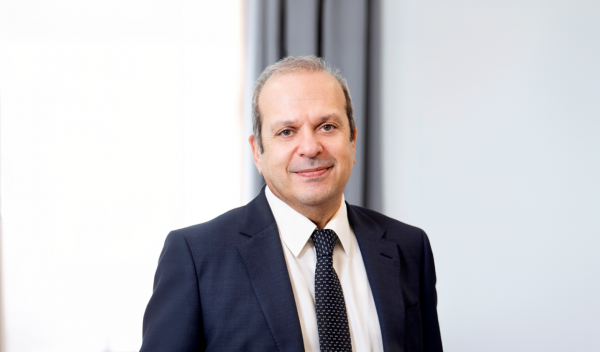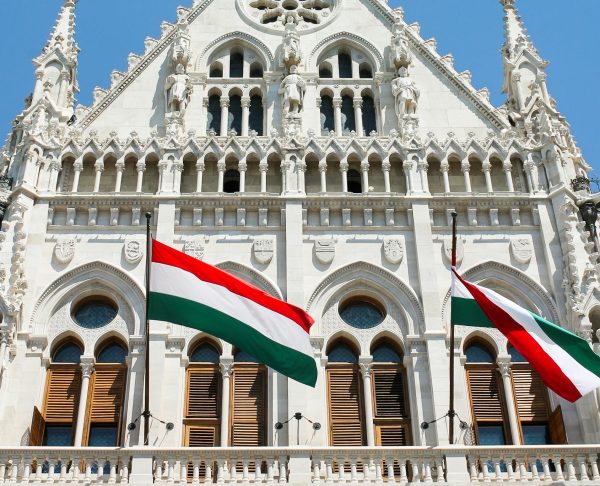
On Tuesday, EU economy and finance ministers adopted the first batch of Council implementing decisions on the approval of national recovery and resilience plans. Austria, Belgium, Denmark, France, Germany, Greece, Italy, Latvia, Luxembourg, Portugal, Slovakia and Spain got the green light for the use of EU recovery and resilience funds to boost their economies and recover from the COVID-19 fallout. The adoption of Council implementing decisions on the approval of the plans permits the member states to sign grant and loan agreements that will allow for up to 13% pre-financing.
The Council received a positive assessment for the 12 member states’ plans from the Commission in June, accompanied by the proposals for the Council decisions on their approval. All 12 member states asked for pre-financing from their allocated funds. The decisions adopted today are the final step before the member states can conclude grant and loan agreements with the Commission and start receiving funds to implement their national plans.
The EU financial assistance from the €672.5 billion Recovery and Resilience Facility aims to power the European economic recovery by supporting member states’ reforms and investment projects. The measures approved in the national plans are centred around six policy areas (‘pillars’) set out in the regulation establishing the Recovery and Resilience Facility: green and digital transition, smart, sustainable and inclusive growth, and social and territorial cohesion.
Individual member states’ measures to achieve recovery and enhance the EU’s resilience include, for example, decarbonisation of industry, building renovation, digitization of public administration and reskilling of the labor force. The plans also address the country-specific recommendations identified in the course of the 2019 and 2020 European Semester discussions.
Background and next steps
The Recovery and Resilience Facility is the central part of Next Generation EU, the recovery package to revitalise the EU economy after the COVID-19 pandemic while also addressing the main challenges of our time, such as the climate transition and digital transformation. To receive support from the facility, member states need to submit their recovery and resilience plans to the Commission, which then assesses them against the country specific recommendations and the facility’s six pillars.
Once an individual plan is submitted, and unless a postponement is agreed with the member state involved, the Commission has two months to assess it and to propose a Council implementing decision on its approval. The Council then, as a rule, examines the proposal within four weeks. After it adopts the proposed decision, the member state can sign bilateral financing agreements with the Commission and receive the agreed pre-financing within two months.
Further disbursements from the facility will be based on a positive assessment of the implementation of the recovery and resilience plan, taking into account the achievement of the milestones and targets set out in the individual plan.
Latest News

PM Mitsotakis to Chair New Democracy’s Committee Meeting
Today’s meeting is seen as a crucial opportunity to halt internal disputes within ND and reaffirm unity within the party.

Trump Tariffs Jeopardize Growth: Piraeus Chamber of Commerce
The tariffs, aimed at reducing the U.S. trade deficit, are expected to have both direct and indirect effects on the European economy

EU Condemns Trump Tariffs, Prepares to Retaliate
As tensions escalate, the EU is expected to continue negotiations with Washington while preparing for potential economic retaliation.

The Likely Impact of Trump Tariffs on Europe and Greece
Trump tariffs are expected to negatively affect economic growth in the Eurozone while Greece's exports could take a hit.

Motor Oil Results for 2024: Adjusted EBITDA of 995 mln€; Proposed Dividend of 1.4€ Per Share
Adjusted EBITDA for 2024 was down 33% yoy. The adjusted profit after tax for 2024 stood at 504 million euros, a 43% decrease from the previous year

Cost of Living: Why Greece’s 3% Inflation Is Raising Alarm
Greece appears to be in a more difficult position when it comes to price hikes, just as we enter the era of Trump’s tariffs.

Fitch Ratings Upgrades the Four Greek Systemic Banks
NBG’s upgrade reflects the bank’s ongoing improvements in its credit profile, Fitch notes in its report, including strong profitability, a reduction in non-performing exposures (NPEs), and lower credit losses

Trump to Announce Sweeping New Tariffs Wednesday, Global Retaliation Expected
With Trump's announcement just hours away, markets, businesses, and foreign governments are bracing for the fallout of one of the most aggressive shifts in U.S. trade policy in decades.

Inflation in Greece at 3.1% in March, Eurostat Reports
Average inflation in the eurozone settled at 2.2%, compared to 2.3% in February

Greece’s Unemployment Rate Drops to 8.6% in February
Despite the overall decline, unemployment remains higher among women and young people.
























![ΕΛΣΤΑΤ: Αυξήθηκε η οικοδομική δραστηριότητα κατά 15,6% το Δεκέμβριο [πίνακες]](https://www.ot.gr/wp-content/uploads/2025/03/DSC9655-2-1024x569-1-90x90.jpg)

![Δασμοί Τραμπ: Οι επιπτώσεις στις ελληνικές εξαγωγές και στην ευρωπαϊκή οικονομία [γραφήματα]](https://www.ot.gr/wp-content/uploads/2023/10/ot_exagog_ISRAEL-600x352.png)















 Αριθμός Πιστοποίησης
Αριθμός Πιστοποίησης